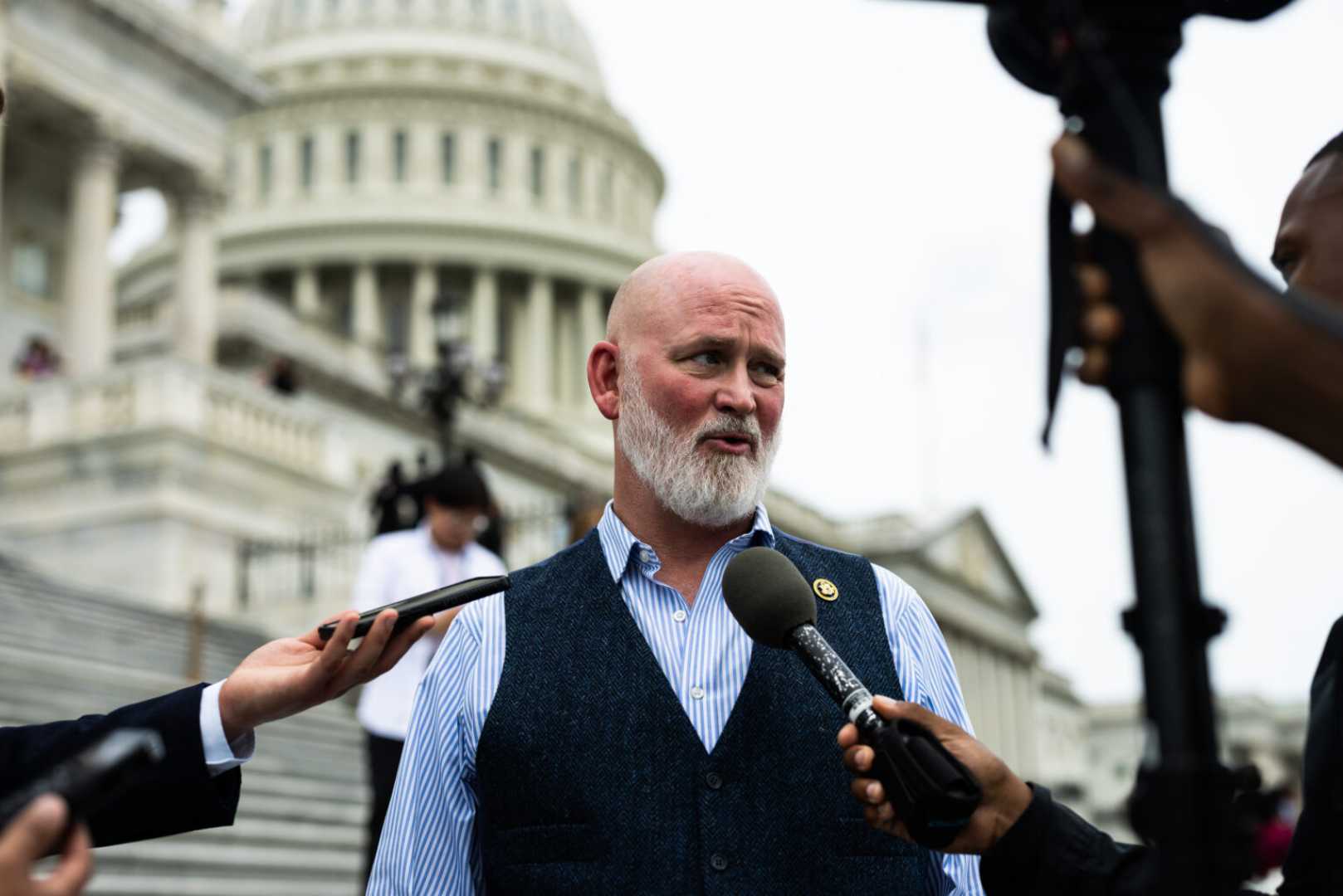Politics
Wisconsin Republican Issues Letter Amid Medicaid Funding Concerns

WASHINGTON – Republican U.S. Rep. Derrick Van Orden of Wisconsin has raised concerns about potential Medicaid funding losses while supporting President Donald Trump’s proposed tax and spending bill. On Wednesday, July 2, Van Orden urged Democratic Gov. Tony Evers to sign the state budget quickly, noting it includes a provision to expand the state’s Medicaid provider tax.
Van Orden’s request comes as Trump’s legislation, referred to as the “One Big, Beautiful Bill,” is set to freeze provider taxes for states that have not expanded Medicaid, which includes Wisconsin. Van Orden emphasized the urgency, stating that delaying the state budget beyond July 3 risks losing vital opportunities for the state’s health care system and the Wisconsinites who rely on it.
In a letter addressed to Evers, Van Orden stated, “Timely enactment is critical this year due to the proposed increase in the state provider tax, which must happen before the signing of the bill tied to federal Medicaid funding.” Meanwhile, his comments have drawn criticism from the Democratic Congressional Campaign Committee, with spokesperson Katie Smith claiming that Van Orden is aware his support for the bill could threaten critical funding for rural hospitals.
“He knows his vote for the Big, Ugly Bill will rip critically needed funding away from Wisconsin’s rural hospitals and kick Wisconsinites off their health care,” Smith said. “But he’s too much of a coward to do anything about it.”
Concerns over the proposed legislation persist as House GOP leaders push to pass it despite objections from both moderate and conservative factions within the party. Republican U.S. Sen. Ron Johnson has criticized the provider tax as “legalized money laundering” and stated that the bill does not sufficiently address issues related to Medicaid.
The discussion highlights the ongoing debate over healthcare and funding in Wisconsin, raising questions about future support for vital services in the state.












